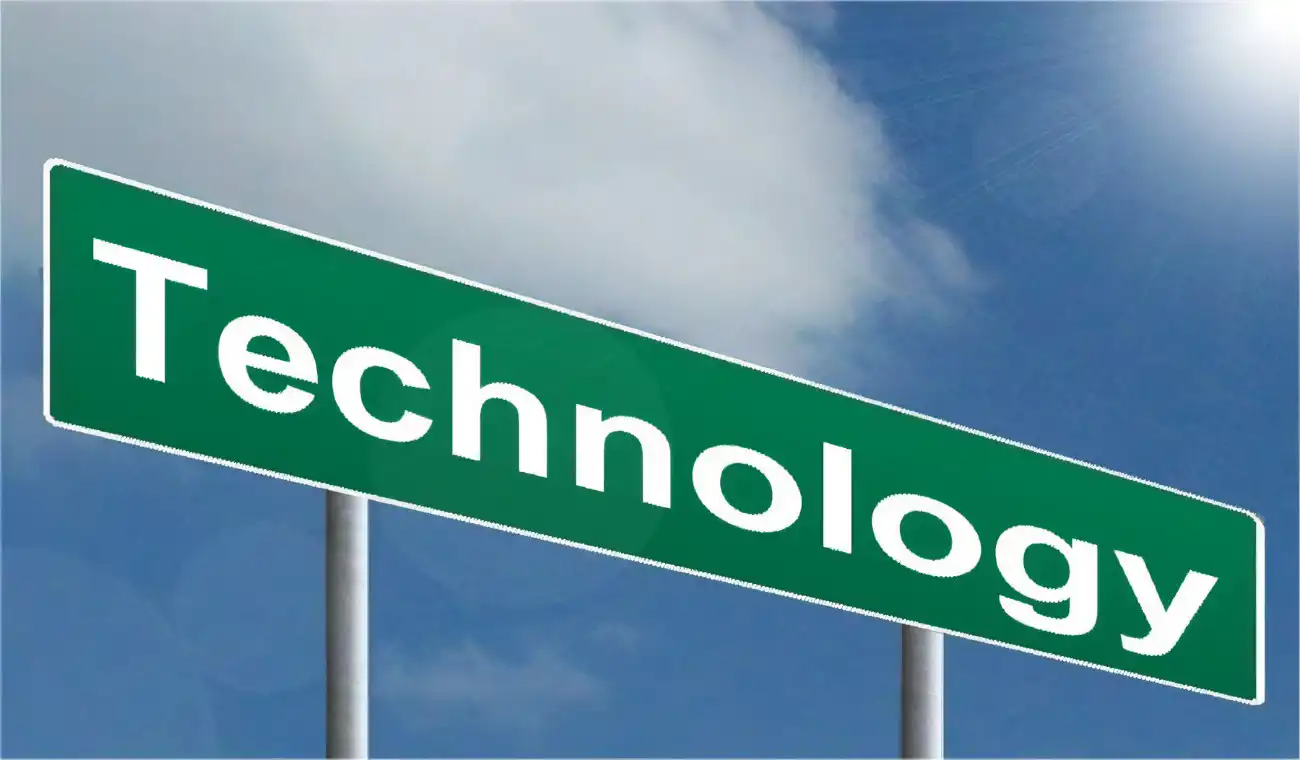Recent developments have cast a shadow over the safety of Tesla's autopilot system. A former Tesla employee turned whistleblower has raised red flags, asserting improper benchmarking and lack of safety precautions.
The whistleblower in question, Mr. Cao Guangzhi, is a former member of Tesla’s Autopilot team who brought the issues to light. According to him, for autopilot projects, the company employed unorthodox protocols and failed to incorporate sufficient safety measures.
Cao elaborated on Tesla’s process of 'training' its cars to drive autonomously. This involves feeding the vehicles hundreds of thousands of hours of recorded driving footage which, in Tesla's case, was allegedly mishandled.

Video snippets supplied to the Autopilot system were seemingly insufficient and improperly labeled, leading to inadequacies in the system learning. The mishandling was apparently extensive, undermining the overall safety of the autopilot.
In a detailed account, Mr. Cao pointed out some of the flaws in Tesla’s practice. There was a substantial disparity between the number of hours recorded and the actual numbers utilized, causing deficient learning for the autopilot system.
The lack of proper labeling additionally disrupted the system’s learning process. This significantly hindered Tesla’s Autopilot from accurately recognizing and responding to various driving scenarios.
Cao further alleged that often, only trivial parts of the footage would be used for training, which would not necessarily represent every possible challenge a self-driving car might face.
Thus, based on his observations, he claimed that Tesla's autopilot system lacked comprehensive knowledge, making it potentially hazardous on the roads.
Moreover, as per Mr. Cao, Tesla disregarded important functional safety standards. It used a single processing unit instead of two, which is the industry norm. This non-compliance risked having no backup in the event of a system failure.
Tesla Autopilot’s use of a Single Point of Failure (SPOF) is a significant deviation from industry standards. Competition in the auto industry necessitates high standards for self-driving cars, and this omission raises concerns about the level of safety in Tesla’s autonomous cars.
Additionally, Tesla allegedly overlooked the redundancy imperative in critical components. It failed to provide secondary back-up options for key features, which is a critical lapse in achieving autonomy.
It must be noted that it isn’t just Mr. Cao who is raising alarms. Despite Tesla asserting that Autopilot accidents are increasingly rare, several experts and consumers validate his claims, raising concerns about Tesla’s operating methods and related safety issues.
Overall, these allegations have deep implications for Tesla and the whole autonomous vehicle industry. If Cao's accusations are proven true, Tesla may have serious safety and credibility issues to grapple with.
Public sentiment and trust in autonomous vehicles could be adversely affected, stalling progress in this promising sector. Depending on how Tesla responds to these allegations, its reputation as a leader in the industry may look vulnerable.
So far, Tesla has remained undeterred and continues to defend the integrity of their autopilot system. Tesla maintains that their autonomous drive system is designed with safety as a primary objective and that it has robust testing and quality control procedures in place.
The company's stance is that the Autopilot system’s safety record is demonstrably better than that of the human driver. Tesla's belief is wrapped around the statement that the Autopilot system, even with current limitations, increases overall driver safety.
Tesla’s somewhat defiant stance towards Mr. Cao’s allegations may be resilient, but it also sparks further public debate about Autopilot's safety. The jury is still out on whether these claims will significantly impact Tesla or become just another hurdle to overcome.
In conclusion, an ongoing legal case between Tesla and the whistleblower provides a telling tableau of the tech giant's struggle to produce a foolproof, robust and safe autonomous driving system.
Regardless of the outcome, this incident reflects the broader challenges and complexities faced by the automotive industry in its pursuit of autonomous vehicles. It underscores the importance of transparency in all aspects of the process, especially in safety procedures and standards.